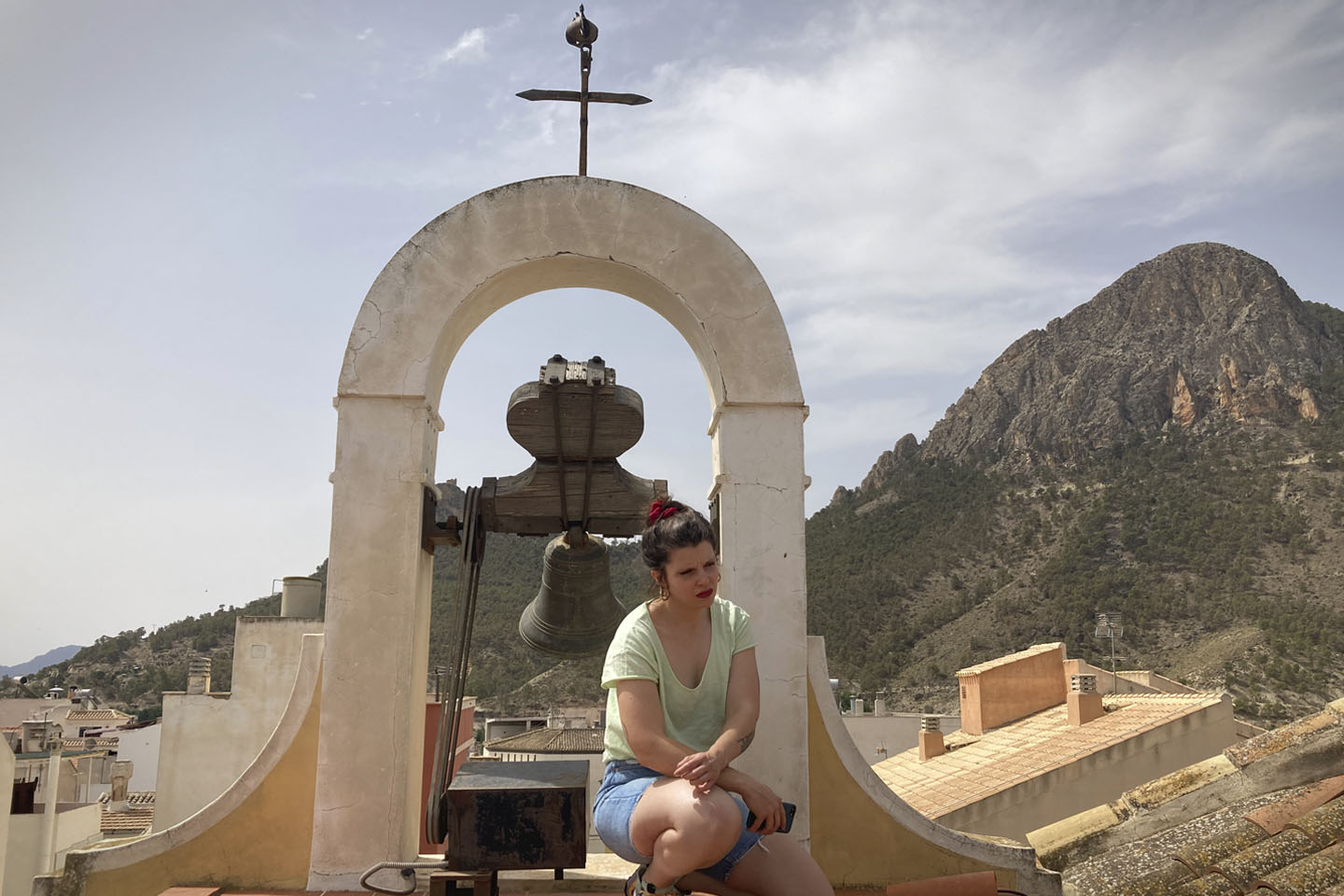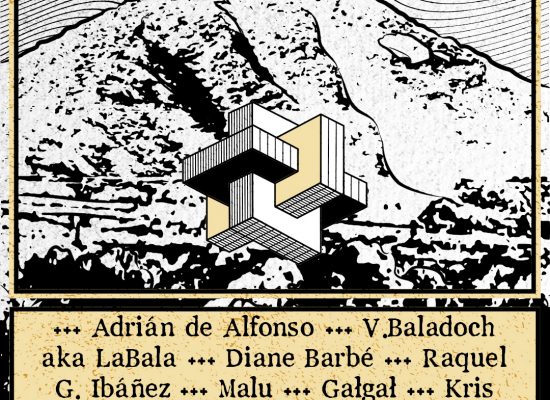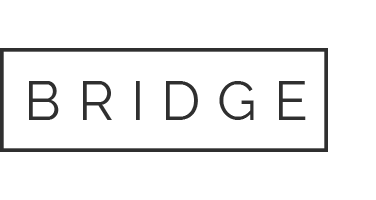
18 Jul Raquel G. Ibañez
Festival ROTA – Residency period: June 2024
Bio
Bachelor of Fine Arts from UCM. Artist and curator. She has received various scholarships and awards such as the Injuve Young Creation Grants 2017 and 2020, the Madrid Community Creation Grants 2019, Getxoarte Scenic Arts 2019, Inéditos 2020, Plastic Arts Circuits 2021, Miquel Casablancas Prize 2021, Artists in Residence LCE / MACBA 2021, and the Creation and Mobility Grant 2022/2023 from the Madrid City Council. Since 2022, she has been developing an artistic research project in collaboration with the UCM Fine Arts Library in Madrid, Tsonami Arte Sonoro, and the Cerezales Antonio y Cinia Foundation.
She has exhibited her work in various institutions and spaces such as CA2M, MNCARS, Azkuna Zentroa, Matadero Madrid, La Casa Encendida, MACBA, TEA Tenerife Espacio de las Artes, CentroCentro, Hangar, hablarenarte, MIAC Lanzarote, Storm and Drunk, Centro Párraga, Supermarket Art Fair Stockholm, CCEspaña, and Centro Cultural Gabriela Mistral (GAM), among others. She has participated in festivals of sound practices and experimental music such as Recreo or Soundtiago.
She is a member of different artistic collectives such as El Banquete or the electronic music platform Possible Others. Currently, she is part of Una Fiesta Salvaje, a research collective on performative writing resident at CRA Matadero Madrid, and since 2020, she has been a collaborator of AMEE, the Spanish Association of Electroacoustic Music.
Artist statement
Her practice is based on an important work of artistic research and experimentation with different formats and ways of doing that establish her own languages for each project, among which are performance, installation, sound, drawing and expanded edition. Therefore, both her production as an artist and her curatorial work do not dissolve, but dialogue under the same space of in- quietude and interests. Her line of work is linked to the study of thresholds and/or liminal spaces -genealogies, symbologies and fictions that are detached from these borderline experiences- approaching sound from hypertextuality and the confrontation between acoustic experiences and the visual image.
During residency
The project for the residency in AADK consists of the extension of the investigation to the Minor Wind Register in Blanca, especially in the area of Sierra de la Navela and Alto del Solvente; although every space has a singular interest, as long as the wind does not percuss in the same way in any place. The methodology of the stay will be based on walks and sound walks, listening in relation to the territory and its inhabitants and the capture of the wind by means of resonators and field recordings. This research has been deployed in other locations before: from Madrid,
Oviedo, León, Santiago de Chile, Valparaíso or Punta Arenas. In all of them, there has been a strong importance of the pipe organ study: however, in this case I would like to delve into the practice inserted in the rural landscape that surrounds it. The qualities of the wind, its sonorities, its relation with the terrestrial materialities and the linkage or somatization on the bodies that we insert in the environment as listeners.
I understand research residencies as porous spaces open to change, especially if they are processes and works in and for the territory in which they take place. For this reason, the formalization or opening of the process in the case of this residency would have more to do with desires and intentions than with a 100% defined plan. As a tentative enumeration, the opening of the process and closing of the residency stage would focus on the installation of an audio piece edited with part of the wind recordings made during the residency and a final performance as a concert of about 45 minutes. Both proposals do not necessarily have to take place in the AADK center’s facilities, but can take place in the places that are most enriching for the community.
All my practice is focused on the spaces of the ineffable; working it -curiously- from the crossing between sound, word and image. Writing is always present as a system that orders, but that also moves in the chaos that the investigation throws you into. I assume writing as a system of drawing, and this as a method of thinking. Registro de Vientos Menores has a very strong -yet- private writing base. During the residency in Blanca it is possible that this writing will continue, being a good opportunity to revisit its order and to look for some method of formal or informal publication in collaboration with the curatorial team of AADK.
































